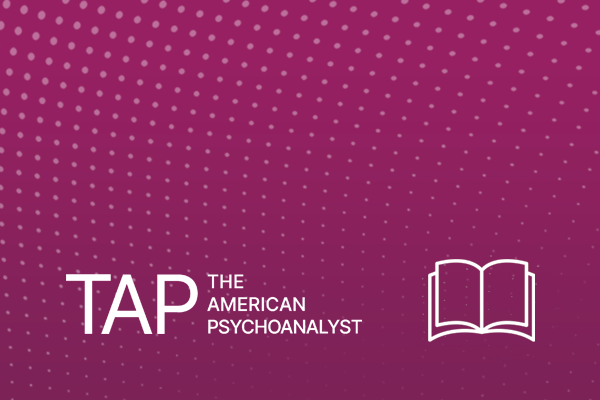The mission of the DPE Diversities Section is to help the psychoanalytic community understand and think more deeply about diversities with respect to psychoanalytic theory, practice and education. The concept of diversities is an evolving one and may include race, ethnicity, religious belief, gender, gender identity, sexual orientation, age, physical ability, socio-economic status, and political affinity. There are other categories of diversity such as ideological beliefs of various sorts, attractiveness status, incarceration status, psychological mindedness, and a multitude of others. We seek to address educational issues related to the diversities from a broad perspective that is dialogic, inclusive, and practical.
Chair: Felecia Powell-Williams PhD,
We work to define “the diversities” as they pertain to psychoanalysis and psychoanalytic education so that they may be usefully studied, taught, and drawn upon in the structuring of the broadest range of psychoanalytic educational initiatives. We form and support subcommittees dedicated to coordinating the work of the various diversities, sponsor scholarly fora on themes related to the diversities, and foster psychoanalytic scholarship related to the diversities including research, writing and teaching.
We provide accessible resources such as writings, audio, video and film recordings, and other media pertaining to the diversities for psychoanalytic organizations and individuals; advocate and support non-discrimination, multiculturalism, affirmation, and inclusion in psychoanalytic organizations, and offer guidance and consultation to psychoanalytic institutes, centers, and other training organizations on the ways that attention to the diversities may be incorporated into their psychoanalytic curricula; and provide guidance to psychoanalytic organizations regarding their efforts to diversify their faculties, candidates and patients served.
We help psychoanalysts to become increasingly aware of their own biases and prejudices, and cultural embeddedness through experience-based workshops and trainings; foster and contribute to thinking in the clinical realm regarding how the diversities may be considered, taught, and implemented in the practice of psychoanalysis and psychoanalytic psychotherapy; bring psychoanalytic thought and treatment to diverse populations who have traditionally been neglected with regard to educational exposure and clinical attention; and enrich public discourse on the diversities through the dissemination of relevant psychoanalytic thought on the emergent, diversity-related social issues of our time.
Learn More



